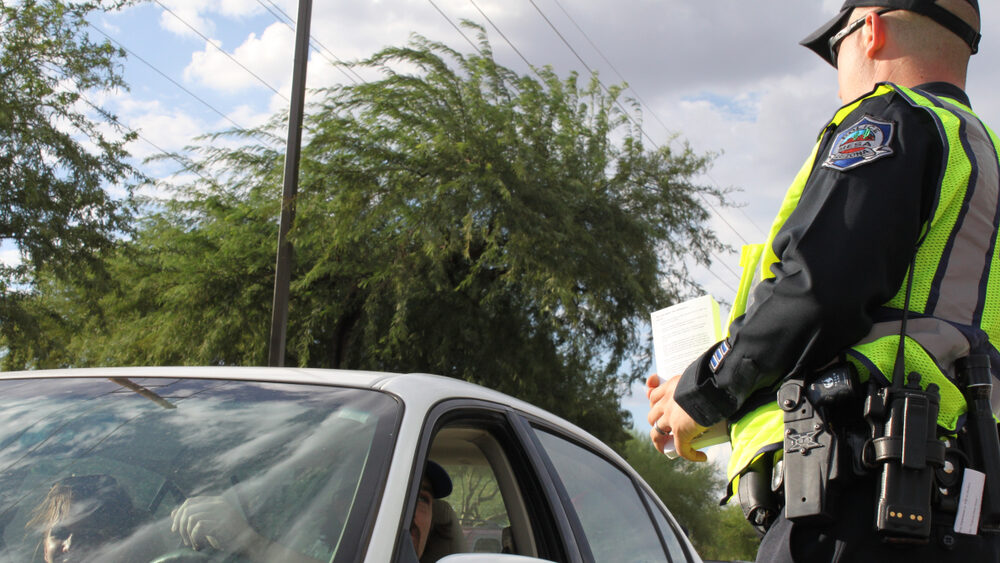
Driving under the influence (DUI) checkpoints, also known as sobriety checkpoints, are an important tool used by law enforcement agencies in New Jersey to combat drunk driving and ensure road safety. While these checkpoints serve a crucial purpose, it’s essential for drivers to understand their rights and responsibilities when encountering them. This article aims to provide valuable information on DUI checkpoints in New Jersey, including your rights, responsibilities, and whether sobriety checkpoints violate constitutional rights.
1. Police Procedures at Sobriety Checkpoints:
DUI checkpoints are carefully planned and executed operations aimed at identifying and apprehending drivers under the influence of alcohol or drugs. The procedures followed at these checkpoints are designed to ensure fairness and adherence to legal standards. Some common police procedures at sobriety checkpoints in New Jersey include:
- Random selection: The law enforcement officers at DUI checkpoints must use a neutral method, such as every third car or every fifth car, to decide which vehicles to stop. This random selection helps prevent discriminatory practices.
- Visibility: Checkpoints must be adequately marked and well-lit to ensure that drivers are aware of their presence. This helps maintain transparency and prevents confusion.
- Brief stop: When you approach a DUI checkpoint, you are required to stop briefly and cooperate with law enforcement officers. They may ask you a few questions to determine if further investigation is necessary.
2. Do I have to continue driving toward a DWI checkpoint if I spot one up the road?
If you spot a DUI checkpoint up the road, you are not legally obligated to continue driving toward it. You have the right to turn onto an alternate route and avoid the checkpoint. However, it is essential to follow traffic laws and avoid any illegal maneuvers while doing so. Avoiding or making illegal U-turns to evade the checkpoint can lead to traffic violations or suspicion of impaired driving.
3. Can I refuse a breathalyzer test at a DUI checkpoint in New Jersey?
In New Jersey, refusing to submit to a breathalyzer test at a DUI checkpoint can have serious consequences. New Jersey has an implied consent law, which means that by operating a vehicle on public roads, you have already consented to breath testing if you are suspected of driving under the influence. Refusing the test can result in penalties such as license suspension, fines, and mandatory participation in an Intoxicated Driver Resource Center program. However, any breath test you are given at a DUI checkpoint will not be evidential and cannot result in a Refusal charge. Only refusing the breath test at the police station following your arrest will result in a Refusal charge.
4. If I am stopped at a sobriety checkpoint, do the police have the right to search my car?
Generally, the police cannot search your vehicle without probable cause or your consent, even if you are stopped at a sobriety checkpoint. However, they may conduct a visual inspection of the interior of the vehicle if they observe suspicious items or behavior that raises reasonable suspicion of criminal activity. If the police have probable cause to believe that you have committed a crime, they may search your vehicle without your consent if exigent circumstances exist which would allow them to search without a warrant.
Do Sobriety Checkpoints Violate Constitutional Rights?
The constitutionality of sobriety checkpoints has been a topic of debate. In 1990, the United States Supreme Court ruled that sobriety checkpoints were permissible under the Fourth Amendment, which protects against unreasonable searches and seizures. However, the Court also emphasized the need for proper guidelines to ensure the reasonableness of these checkpoints, such as advance warning, neutral procedures, and limited intrusion on individual rights.
Key Takeaway:
DUI checkpoints play a vital role in keeping New Jersey roads safe and preventing accidents caused by impaired driving. By understanding your rights and responsibilities when encountering a sobriety checkpoint, you can navigate the process more confidently. Remember to comply with law enforcement officers’ instructions, and if you have concerns about the legality of a checkpoint or believe your rights have been violated, it is advisable to consult with an experienced DUI defense attorney who can provide guidance and protect your interests. Stay informed, drive responsibly, and prioritize safety on the roads.
Contact The Scardella Law Firm LLC Today for a Free Consultation About Your DUI Case
Are you in need of expert legal representation for DUI charges in Haddon Heights, NJ? Look no further than The Scardella Law Firm LLC. Our dedicated team of experienced attorneys specializes in defending clients facing DUI charges and will fight tirelessly to protect your rights.
At The Scardella Law Firm LLC, we understand the complexities of DUI laws in New Jersey and have a proven track record of success in handling these cases. Our attorneys will thoroughly analyze the circumstances surrounding your arrest, challenge the evidence against you, and work diligently to build a strong defense strategy tailored to your specific situation.
With our extensive knowledge of New Jersey DUI laws, we will guide you through the legal process, ensuring that you are well informed and supported at every step. Our priority is to achieve the best possible outcome for our clients, whether it’s a reduction in charges, dismissal of the case, or a favorable plea agreement.
When facing DUI charges, it’s crucial to have a skilled legal team on your side to protect your rights and advocate for your best interests. The Scardella Law Firm LLC has the experience, expertise, and dedication to provide you with top-notch legal representation. Don’t let a DUI charge derail your life. Contact us today to schedule a confidential consultation.

